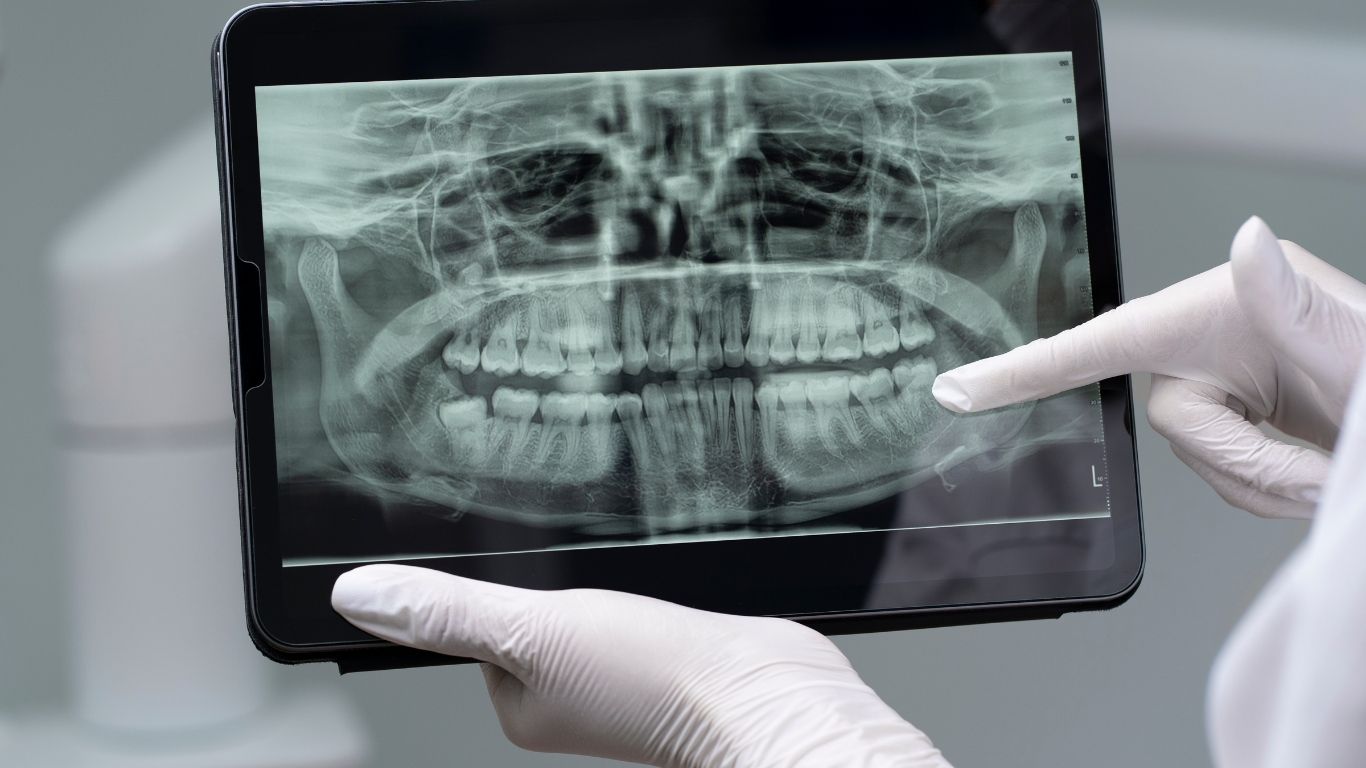Dental X-rays are commonly used by dentists to detect issues such as cavities, gum disease, or even bone problems. While they are essential tools in diagnosing dental health, many patients wonder, “Can I refuse dental X-rays?” It’s natural to have concerns about radiation exposure or personal preferences.
In this article, we will explore whether it’s possible to refuse X-rays, the reasons dentists recommend them, and alternative options that might be available. Understanding your rights and the importance of these tests will empower you to make informed decisions about your dental care.
Why Are Dental X-rays Important?
Dental X-rays play a crucial role in detecting hidden dental issues, such as cavities between teeth, bone loss, or impacted teeth. Without X-rays, some conditions might go unnoticed until they become severe. This section discusses the importance of X-rays in preventive dental care and early detection of dental problems.
Legal and Ethical Considerations for Refusing Dental X-rays
You have the right to refuse any medical treatment, including dental X-rays. However, refusing them may affect the quality of your dental care and might result in a dentist advising against specific treatments or procedures. In some cases, dental insurance may not cover procedures if X-rays are not taken when required.
Alternative Options to Dental X-rays
While X-rays are essential, there are alternative diagnostic methods available. Your dentist might suggest other less-invasive techniques like 3D imaging or visual inspections if X-rays are not a viable option. This section will break down these alternatives and discuss their effectiveness.
The Risks of Refusing Dental X-rays
Potential Risks to Your Health
Refusing dental X-rays can lead to undiagnosed issues such as hidden cavities, infections, or early-stage gum disease. This section highlights the risks of ignoring X-rays and how they may worsen dental conditions over time.
How Ignoring X-rays Can Affect Treatment Plans
Dentists base their treatment plans on the information gathered from X-rays. Without them, a dentist may be unable to provide the most accurate or comprehensive care. This section explains how the lack of X-rays might alter the course of your treatment.
How to Refuse Dental X-rays Without Compromising Care
Discuss Your Concerns with Your Dentist
If you’re concerned about dental X-rays, the best approach is to talk openly with your dentist. This section offers advice on how to express your concerns about radiation, request alternatives, and maintain a collaborative relationship with your healthcare provider.
When to Refuse X-rays and How to Stay Safe
If you’re certain about refusing dental X-rays, it’s essential to make an informed decision. This section provides guidance on when it’s safe to say no to X-rays, ensuring that you are still actively involved in your dental care.
FAQs:
1. Can I refuse dental X-rays if I’m pregnant?
Yes, pregnant women are generally advised to avoid X-rays unless absolutely necessary. Discuss alternatives with your dentist.
2. Are there any alternatives to traditional dental X-rays?
Yes, some alternatives include 3D imaging, intraoral cameras, and visual exams, though they may not be as comprehensive as X-rays.
3. How often should I get dental X-rays?
The frequency of dental X-rays depends on your age, dental health, and risk of disease. Typically, every 1 to 3 years is recommended.
4. Can my insurance refuse to cover treatments if I refuse X-rays?
Insurance providers may limit or refuse coverage if dental X-rays are not taken, as they may be necessary for accurate diagnosis and treatment planning.
5. Are there any risks associated with dental X-rays?
While dental X-rays involve minimal radiation, the risk is considered low. However, if overused, they can contribute to cumulative radiation exposure.
Conclusion:
While you can refuse dental X-rays, it’s important to understand the potential risks to your dental health. Discussing your concerns with your dentist and exploring alternative options can help ensure you make an informed choice that aligns with your personal health and treatment preferences.



